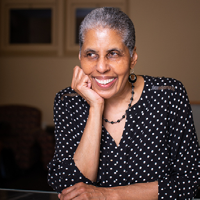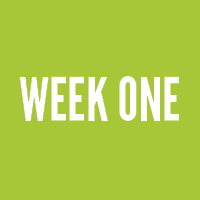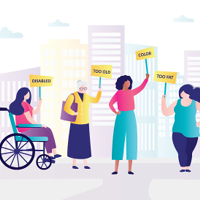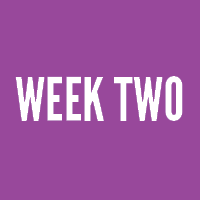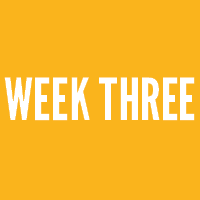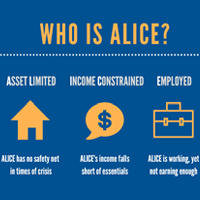
The 21 Day Equity Challenge inspires discussion, action, and change in our community
This Equity Challenge is now complete. View the daily challenges below to continue your educational journey.
The 21 Day Equity Challenge is designed to create dedicated time and space to build more effective social justice habits, particularly those dealing with issues of race, power, privilege, and leadership. The daily prompts will raise your awareness, change your understanding and shift the way you think and behave.
Participation in activities like this helps us to discover how racial injustice and social injustice impact our community, to connect with one another, and identify actionable ways to dismantle racism and other forms of discrimination.
Questions? Email us at EquityChallenge@unitedwaygcr.org
About the 21-Day Equity Challenge
Join thousands across the Capital Region in deepening your understanding of racism, bias, and social inequities—and strengthening your commitment to confronting them.
- Each day, explore a new topic and engage with interactive activities like reading an article, listening to a podcast, watching a video, or reflecting on personal experiences.
- Miss a day? No problem—jump back in anytime! Visit this page to catch up or revisit topics whenever you need.
- Use this activity log to track your progress and capture your reflections.
- Invite your friends to take the challenge with you—it’s a great way to reflect, learn, and grow together!
John Graham’s professional passion is helping global companies uncover who they are at their core. Through award winning employer brand and employee value proposition development, Graham has discovered innovative ways to bring the humanity of employee stories to life. As a diversity, Equity, and Inclusion (DEI) practitioner and culture transformation consultant, his work centers on improving the lived experiences of marginalized employee populations through bleeding-edge approaches that disrupt the status quo and create equitable and inclusive environments. Graham earned a bachelor’s degree in African Studies and a master's degree in Education from Lincoln University. He holds an executive certificate in Fostering Diversity and Inclusion from the Yale School of Management. John is also the best-selling author of Plantation Theory: The Black Professional’s Struggle Between Freedom & Security.
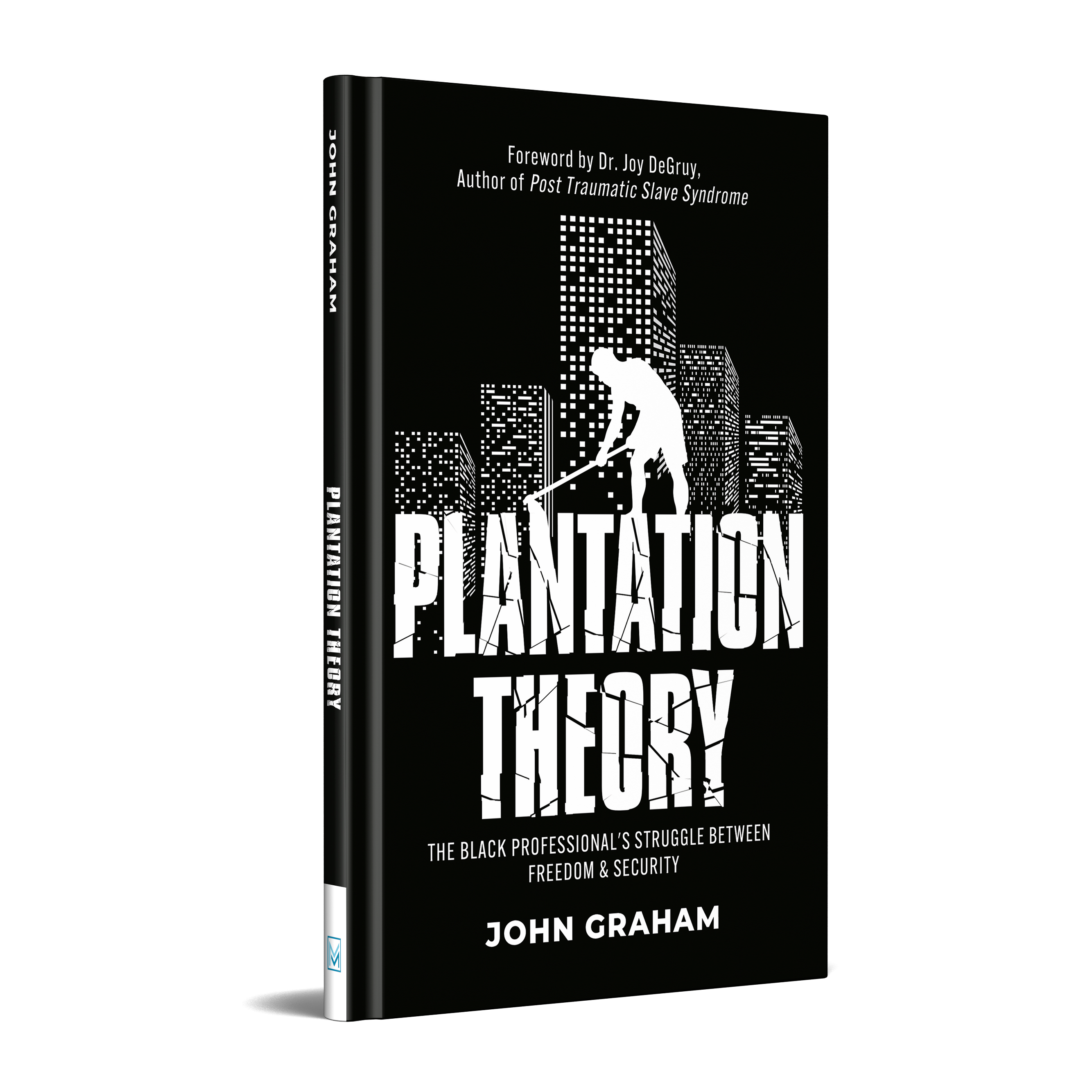
Plantation Theory: The Black Professional's Struggle Between Freedom & Security
By John Graham
Written to speak for those who've been without a voice throughout their professional career, Plantation Theory: The Black Professional’s Struggle Between Freedom & Security showcases the realities that countless Black corporate professionals face despite best efforts to prove their worthiness of opportunity. It challenges the status quo and urges future generations of Black excellence to recognize how much power they wield and evaluate closely the benefits and the detractors of choosing to work in Corporate America. From cover to cover, Black professionals are faced with an urgent question—why work twice as hard for half the recognition and a third of the pay?
Filled with transparent and often shocking firsthand accounts, Plantation Theory also serves as a veil remover for those in positions of privilege and power as they embark on a journey of abolition rather than allyship. For individuals and corporations, it demands a commitment to end participation in the behaviors perpetuating inequitable environments. raham pointedly places the accountability squarely on the shoulders of those most responsible and asks will marketing to Black and diverse talent match the reality of the daily lived experience they will soon call reality as employees? Or will these entities engage in adequate self-examination, heartfelt contemplation, and reflective discussions to do the hard work of no longer being a sideline participant in the marathon of inequity.
For Black professionals, the vision for the future will require a confrontation with the notion of freedom versus security. For companies and individuals in privileged positions of power, performative measures and diversity theater are no longer enough. Graham's Plantation Theory reminds us that historical approaches are no longer viable pathways to what must become.
It's no longer a matter of capability, but of willingness. There is much work to be done for the willing.
Learn more at: www.plantationtheory.com
Barbara Smith is an author, activist, and independent scholar who has played a groundbreaking role in opening up a national cultural and political dialogue about the intersections of race, class, sexuality, and gender. She was among the first to define an African American women’s literary tradition and to build Black women’s studies and Black feminism in the United States. She has been politically active in many movements for social justice since the 1960s.
She has edited three major collections about Black women including All the Women Are White, All the Blacks Are Men, But Some of Us Are Brave: Black Women’s Studies (with Gloria T. Hull and Patricia Bell Scott, 1982) and Home Girls: A Black Feminist Anthology, 1983. She is co-author with Elly Bulkin and Minnie Bruce Pratt of Yours in Struggle: Three Feminist Perspectives on Anti-Semitism and Racism, 1984. Ain’t Gonna Let Nobody Turn Me Around: Forty Years of Movement Building with Barbara Smith, edited by Alethia Jones and Virginia Eubanks with Barbara Smith was published by SUNY Press in 2014.
She was co-founder and publisher of Kitchen Table: Women of Color Press, the first U. S. publisher for women of color to reach a wide national audience. She served two terms as a member of the Albany Common Council from 2006 to 2013. From 2014 to 2017 she worked for the City of Albany helping to implement its first Equity Agenda. In 2005 she was nominated for the Nobel Peace Prize.
"The Problem Is White Supremacy," "The Boston Globe," June, 2020: https://bit.ly/SmithGlobeOpEd
"How to Dismantle White Supremacy," "The Nation," August, 2020: bit.ly/2G46ZH0
"What Joe Biden Should Say about White Supremacy," "The Boston Globe," November, 2020: https://bit.ly/32PEqp0
"White People Now Realize White Supremacy Is Coming for Them, "The Boston Globe," January, 18, 2021: https://bit.ly/3sEqppQ
May 25, 2021
The Roots of Racism: A Virtual Conversation with Barbara Smith
photo credit: Joanna Chattman.


